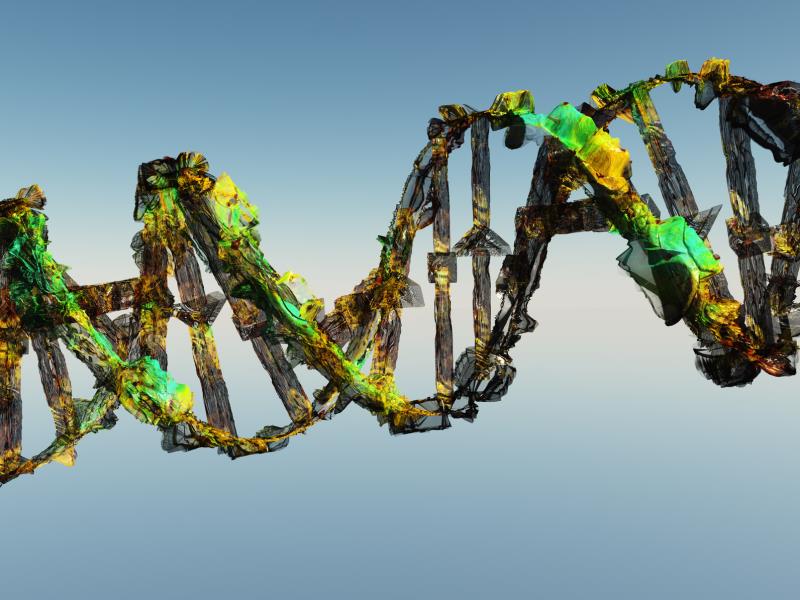
Genetic predisposition to elevated blood pressure (BP) may affect BP changes in response to weight-loss diets, such that individuals with higher genetic susceptibility exhibit less decrease in BP levels, a study has found. Moreover, this effect differs by protein intake.
Researchers evaluated the changes in systolic and diastolic BP (SBP/DBP) among 692 overweight or obese adults (mean age, 51.4 years; 61.1 percent female; mean body mass index [BMI], 32.7 kg/m2; 84.2 percent Whites) who were randomly assigned to one of four diets varying in macronutrient content for 2 years.
Participants were grouped according to polygenic scores (PGS) for SBP and DBP calculated based on BP-associated single nucleotide polymorphisms.
During the 2-year intervention, the reductions observed in SBP levels were significantly greater for participants in the bottom vs upper tertile of PGS (6 months: −3.84 vs −1.61; 12 months: −4.76 vs −2.75; 24 months: −2.49 vs −1.63; p=0.001). The same was observed for changes in DBP levels (6 months: −3.09 vs −1.34; 12 months: −2.69 vs −1.44; 24 months: −1.82 vs −0.53; p<0.001).
There was a notable gene–diet interaction on changes in SBP from baseline to 24 months (p-interaction=0.009). In the group of participants assigned to a high-protein diet, those with lower SBP-PGS achieved greater decreases in SBP at months 6 (p=0.018), 12 (p=0.007) and 24 (p=0.089). No such effect was seen in the group of participants assigned to an average-protein diet.
The present data support a personalized diet approach in preventing hypertension, according to the researchers. Overweight and obese individuals with a lower SBP-PGS should see greater weight-loss mediated BP reduction and may benefit even more from consuming a high-protein weight-loss diet.